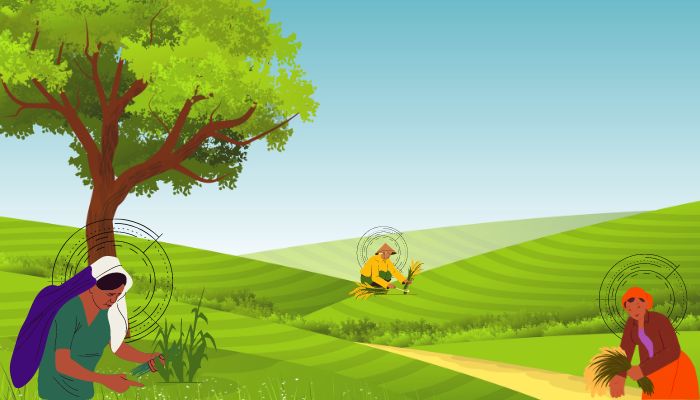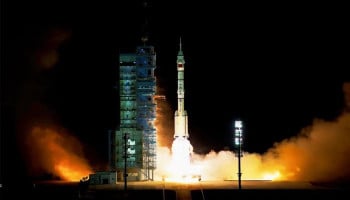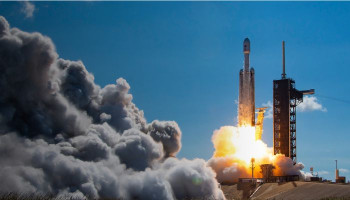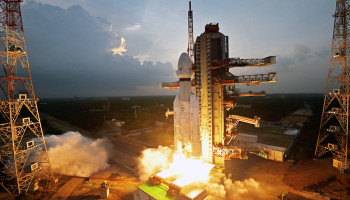
Pakistan’s agricultural sector, the backbone of the nation, faces a significant challenge — vast gender disparity. Even though women make up a startling 68% of the agricultural workforce, compared to 28% of men, their contributions are largely unrecognised, unpaid, and undervalued.
This marginalisation is further amplified by the lack of access to resources and education, particularly in the domain of climate technology.
Fortunately, organisations like PODA (Potohar Organisation for Development Advocacy) are significantly addressing this gap. PODA's Climate-Smart Agriculture Training Centre, situated in Punjab, Pakistan, is a platform introduced specifically for rural women farmers. This innovative programme equips them with the skills and knowledge they need to thrive in their local communities.
Climate change poses a significant threat to Pakistan's agriculture sector, including unpredictable weather patterns, erratic rainfall, and temperature changes that affect farming practices and cause crop failures. PODA acknowledges the urgency of this issue and focuses on equipping women farmers with climate-smart technology.

In an interview with Gadinsider, Dr. Fozia Kanwal, Manager of the Climate-Smart Agriculture and Sustainable Livelihoods Programme, highlighted that one of the most innovative pieces of equipment introduced to the women farmers is a weather station. This equipment is packed with sensors like soil moisture meters and hygrometers that provide real-time weather data.
Through this station, data is translated into local languages via cloud mobile networks and then conveyed to the women farmers. This enables them to make informed decisions about their crops, including adjusting planting schedules, irrigation practices, and resource allocation to optimise yields and reduce losses due to extreme weather patterns.
Precision agriculture is another cornerstone of PODA's approach, helping farmers recognise changing climate patterns affecting crops, particularly the abrupt fluctuations in temperature and rainfall cycles. This initiative necessitates area-specific information, including planting dates and management practices, to ensure crop survival under current environmental conditions.
PODA's improved seasonal weather forecasting equipment helps smallholder farmers, especially women, to prepare earlier for extreme weather events like droughts, floods, hailstorms, and heatwaves.
Dr Kanwal added: "At PODA, we engage with all rural women farmers to provide them with the understanding they need to manage their crops and farming practices better than before. Through multiple training sessions, women of all ages are encouraged to learn basic techniques and methods for using advanced technological equipment for their crops."
This focus on localisation and practical application of tools ensures that the use of technology in farming is not just a novelty but a valuable tool that women farmers can readily integrate into their daily agricultural practices.
While making women technologically savvy, PODA's impact extends much further. It instils a sense of ownership and leadership in all its participants. To this end, Dr Kanwal elaborated further, saying: "Many rural women who initially joined as participants are now training others, like Farazana Ashraf, who has become one of our trainers."
This important step creates a multiplier effect, whereby empowered women use their newly acquired knowledge and skills to empower others in their respective communities.
This move from beneficiaries to leaders epitomises PODA's commitment to sustainable development—empowering women to be self-sufficient and to share their knowledge with others.

Even though technology forms part of the PODA programme, it is not the only piece of a greater puzzle. In fact, the organisation embraces a more holistic approach to women's empowerment in agriculture.
Another critical capacity that PODA teaches its members is rainwater harvesting. This forms part of the capacity-building trainings, whereby rural women and youth are equipped with knowledge on methods for collecting and storing rainwater, including rooftop rainwater harvesting and purification, yard rainwater conservation, and field storage for farming purposes. These methods help minimise the adverse effects of droughts and ensure adequate water for crops during dry periods.
The wheat seed bank setup trainings have empowered women with the skills to set up and manage seed banks within their villages. This enables them to produce high-quality wheat seeds that result in increased yields per acre while minimising input costs. These trainings cover all aspects of seed certification.
Urgency of climate tech
According to Nabi Bux Sathio, agriculture expert and member of the Sindh Board of Agriculture Hyderabad, climate change has a far-reaching effect on Pakistan's agricultural sector: "Each passing year, we witness several changes in our surroundings due to climate change; every sector of Pakistan is affected, and to mitigate this crisis, we must all play our roles to tackle the forthcoming situations that may destroy our nation's economy."
Sathio noted that Pakistan lacks the resources to combat climate change, and its most significant impacts are on agriculture. However, the integration of technical tools in farming practices can enhance Pakistan's agricultural sector. Speaking to Gadinsider, Sathio stated: "Pakistan's agricultural sector faces the worst after-effects of natural disasters."
His words highlight the urgency that PODA's initiative addresses by training women farmers with advanced technological equipment.
Sathio called for government support for grassroots initiatives like PODA's. He urges the popularisation of technology in farming and the adoption of more environment-friendly farming methods.
“The rural women play a vital role in our agricultural sector. That is why we witness that our nation's agricultural sector depends on the work of rural women. These women should be provided with equal earning opportunities among men."
This not only indicates the impact of the PODA programme but also emphasised the critical need for scaling up such initiatives to achieve a resilient and sustainable agricultural future for Pakistan, particularly with regard to women's empowerment.
















